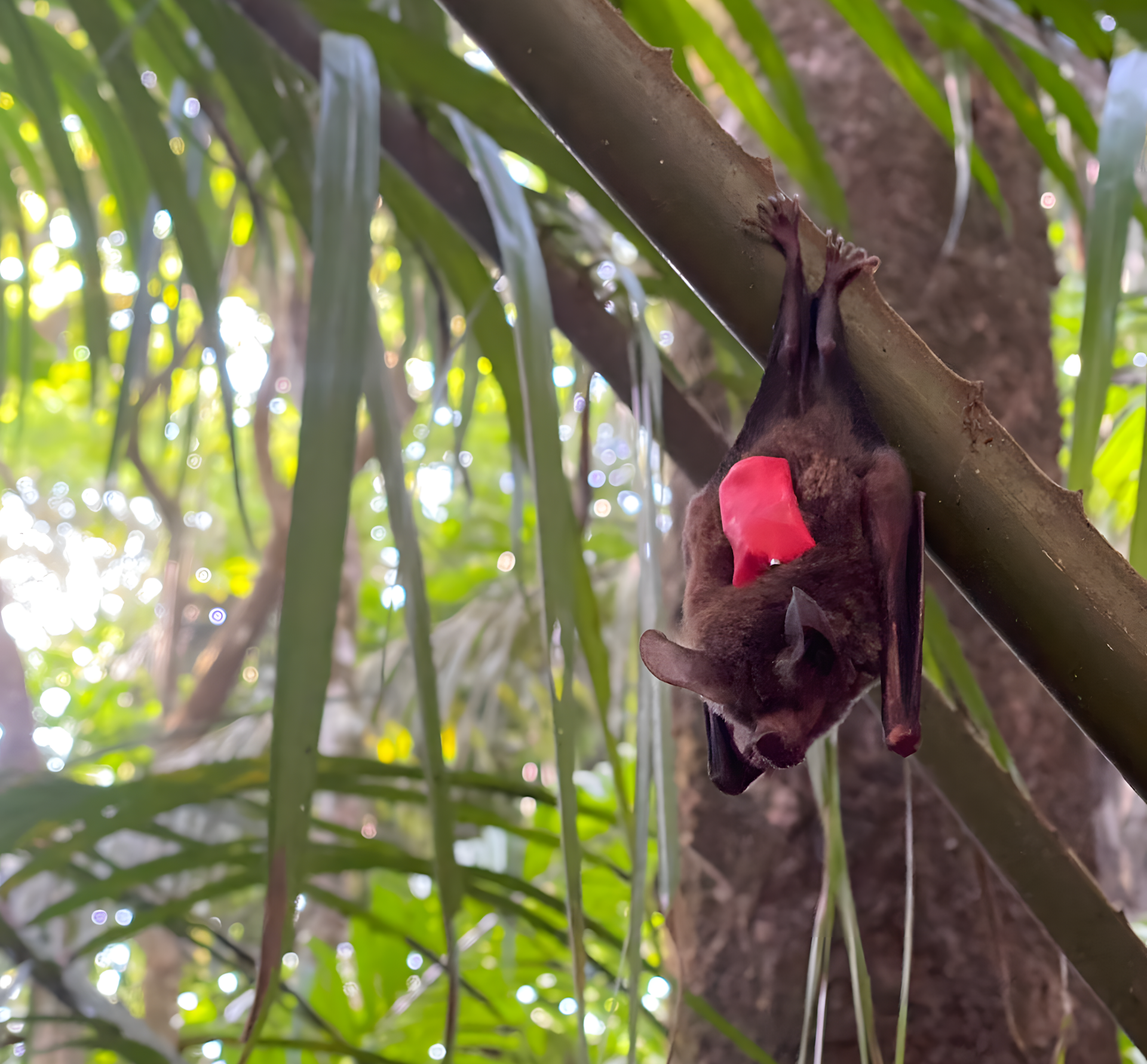Supreme Court strikes down California's nonprofit donor disclosure requirements: 4 questions answere
In a 6-3 ruling, the court's majority said the requirements violated donors' First Amendment rights by subjecting them to potential harassment.

The Supreme Court tossed out a California law requiring nonprofits to report their major donors to state officials. In a 6-3 ruling, the court said the law, intended to fight fraud, subjected donors to potential harassment and violated their First Amendment rights. Dana Brakman Reiser, a legal scholar On nonprofits, explains the case, known as Americans for Prosperity v. Bonta, and the significance of the court’s decision.
1. What was the case about?
Two conservative nonprofit groups, Americans for Prosperity Foundation and the Thomas More Law Center, sued California’s government over its requirement that the identity of a charity’s biggest donors be shared with the state’s attorney general.
Though the disclosure is made to the state, not the public, both groups claimed that California failed to sufficiently safeguard the names of donors, resulting in numerous data leaks. The litigants argued that given the potential of disclosure by California’s authorities, donors who support controversial charities could reasonably fear harassment if the public learned their identities.
On those grounds, Americans for Prosperity Foundation and the Thomas More Law Center accused the state of hindering their constitutionally guaranteed freedom of association. A diverse array of nonprofits, including the American Civil Liberties Union and the NAACP Legal Defense Fund, agreed and urged the court to block California’s disclosure rule.
California countered by arguing that donor information is necessary to combat charity fraud and that, especially after adjustments made during the litigation, donor names submitted to the state are now secure. The United States and a group of prominent nonprofit law scholars filed briefs in support of California’s position.
2. What does the ruling mean?
California will no longer be able to mandate that charities disclose their donors to the state as a matter of course.
The majority opinion by Chief Justice John Roberts recognized the state’s important interest in rooting out charity fraud but held that a donor disclosure system can be maintained only if it is narrowly tailored to meet the government’s needs. The court found California’s law, on the other hand, to be overly broad. To reach that conclusion, the majority relied heavily on evidence filed in the case that California did not actually use the donor information it demanded to initiate anti-fraud actions.
The three dissenting justices strongly disagreed with both the majority’s approach to the law and its reading of the facts. Justice Sonia Sotomayor wrote that the plaintiffs failed to show that California’s law had actually burdened their right to association, as they argued prior Supreme Court First Amendment cases require. Absent such a showing, these justices said, they would have sustained the law, especially since it did not require public disclosure and most donors were probably “agnostic” about the requirement.

3. Does this change how states oversee nonprofits?
Yes, but not all states will be affected in the same way.
New York, Hawaii and New Jersey have similar donor disclosure laws, which this case will also undo. And the court didn’t give California or these other states an easy way to “cure” such laws so they would pass constitutional muster, whether by improving the security of the data or exempting controversial charities from disclosure.
States that tackle charity fraud through other means, such as attorney general investigations, are mostly unaffected by the ruling. Even those states that forgo donor disclosure impose many other reporting requirements on the charities they monitor, including demands that charities identify their directors and officers to regulators. The majority opinion’s broad language about the need to justify disclosure requirements could prompt future challenges to these more widespread charity reporting requirements.
4. Does this mean the IRS can’t collect this information either?
The federal government mandates that nonprofit charities disclose the same information about major donors to the Internal Revenue Service.
But today’s Supreme Court case addresses only the constitutionality of a state law requirement. Neither Americans for Prosperity Foundation nor the Thomas More Law Center tried to connect their objections over California’s law to the IRS’ disclosure mandate.
Of course, their decisions not to do so in this case do not prevent future litigation challenging the federal donor disclosure system.
The outcome of such a case is uncertain. A court could still uphold the federal requirement if it found the IRS’ disclosure rule was tightly connected to its important role as a tax regulator. After all, the IRS does not only monitor charities for fraud and abuse as state attorneys general do. It also oversees a system that provides substantial tax benefits to exempt organizations and their donors, a point the U.S. solicitor general emphasized to the court.
The federal government’s defense against an attack on its disclosure requirement could also point to its already strong protections for donor data. While certainly not immune to leaks or hacking, the IRS maintains a highly secure database of confidential tax information. Moreover, attempts to breach it trigger civil and criminal penalties.
If the courts were eventually to strike down the IRS’ donor disclosure requirements, though, it would significantly upend federal regulation of tax-exempt charities.
This case could also portend a future challenge over federal campaign finance law. Right now, the Federal Election Commission collects information on political donors and candidates for the public record. Some worry the California decision imperils this disclosure system as well.
[Get the best of The Conversation, every weekend. Sign up for our weekly newsletter.]
Dana Brakman Reiser does not work for, consult, own shares in or receive funding from any company or organization that would benefit from this article, and has disclosed no relevant affiliations beyond their academic appointment.
Read These Next
Massive US attacks on Iran unlikely to produce regime change in Tehran
President Trump has appealed to Iranians to topple their government, but a popular uprising is unlikely…
Iran will respond to US-Israeli strikes as existential threats to the regime – because they are
The latest attack on Iran goes far beyond previous operations by Israel and the US in both scale and…
Drug company ads are easy to blame for misleading patients and raising costs, but research shows the
Officials and policymakers say direct-to-consumer drug advertising encourages patients to seek treatments…





